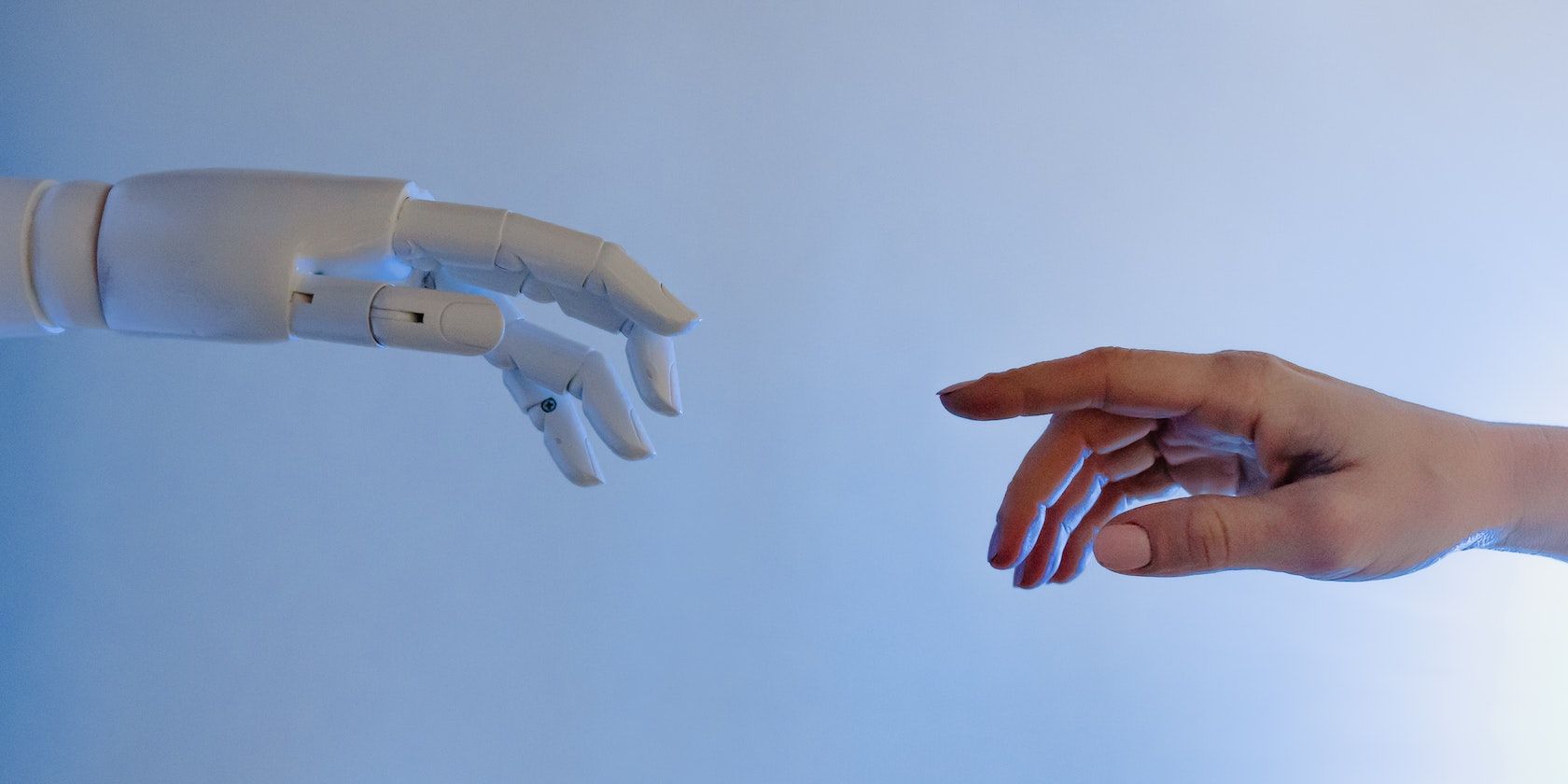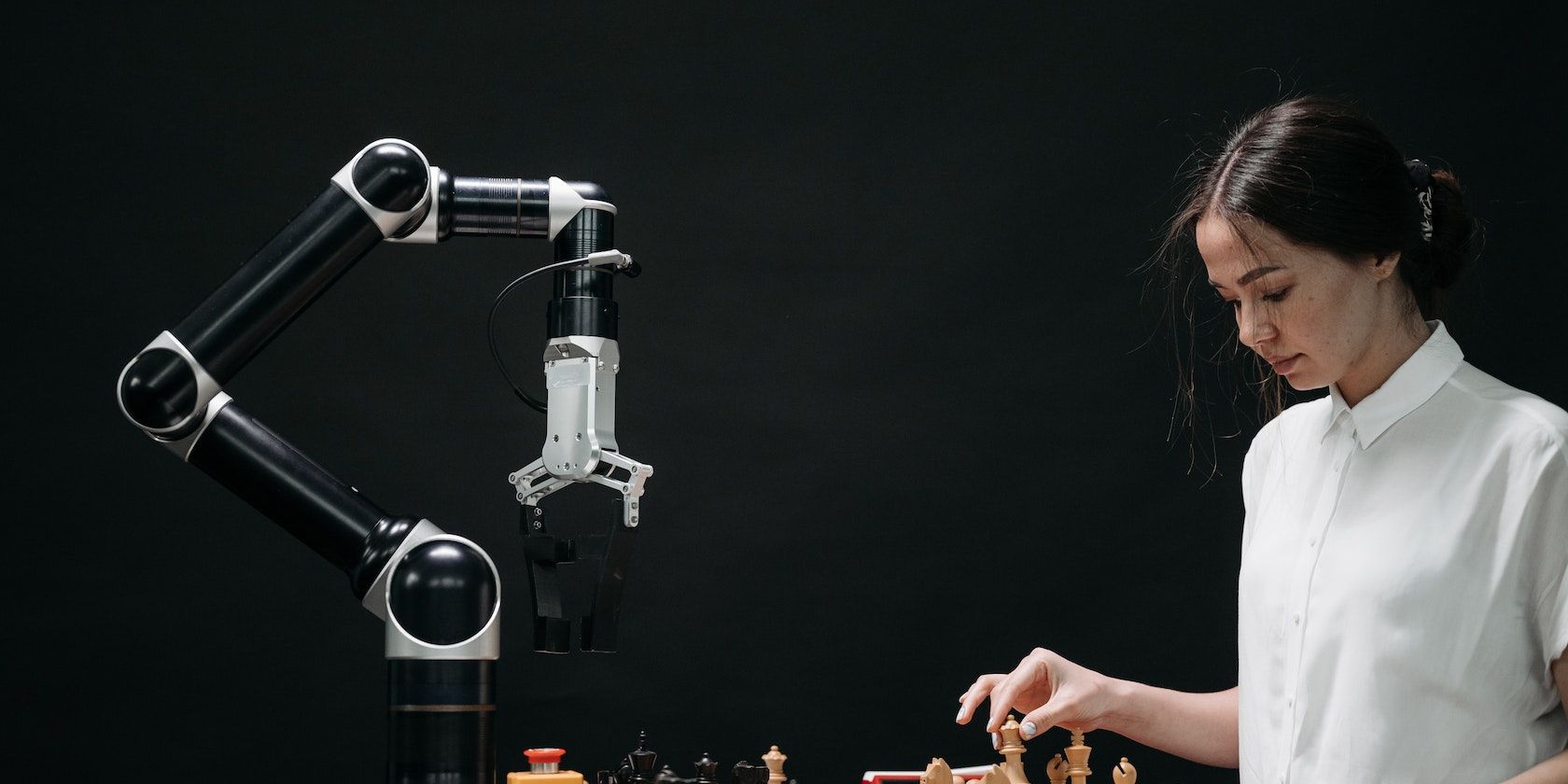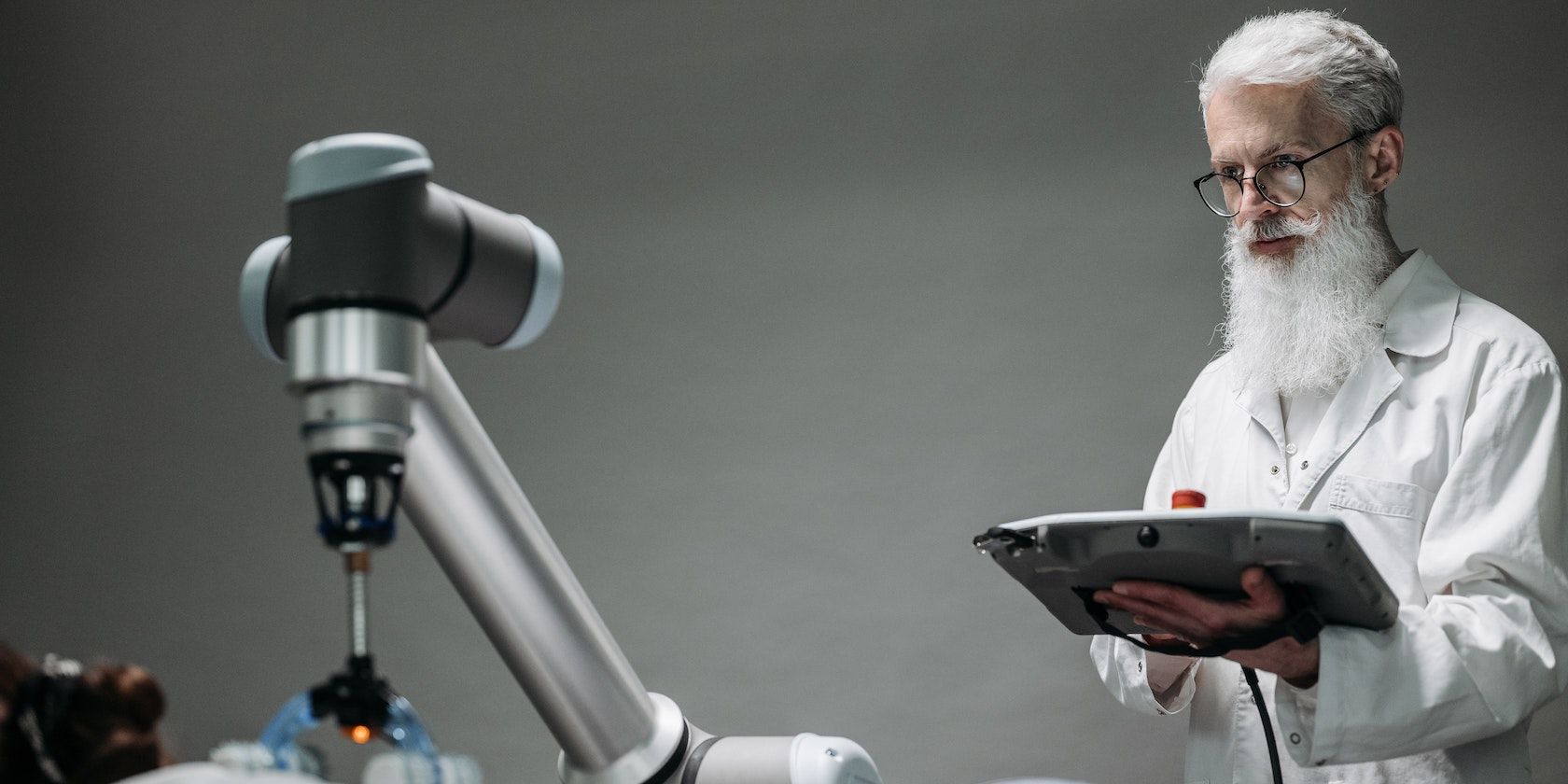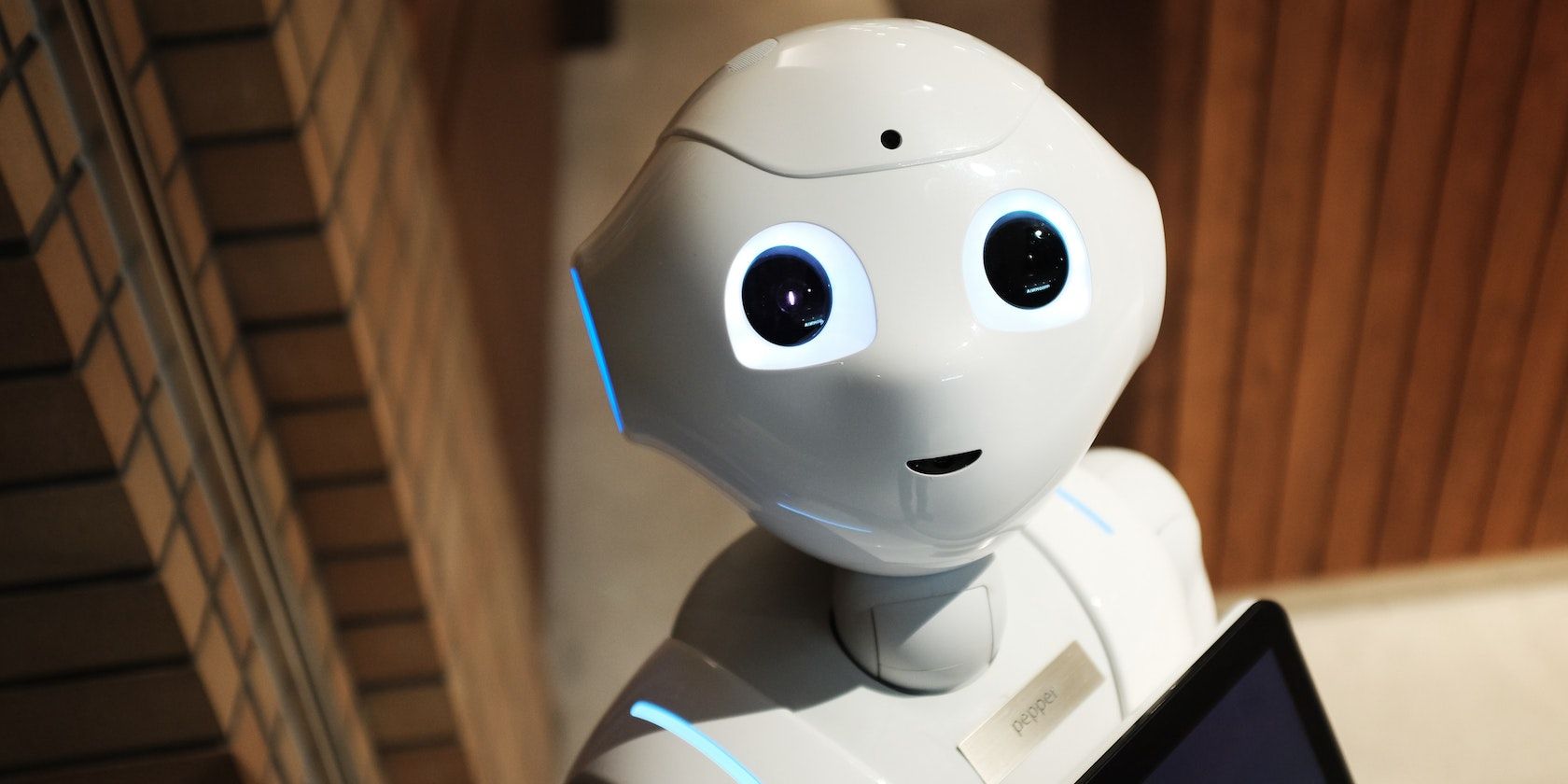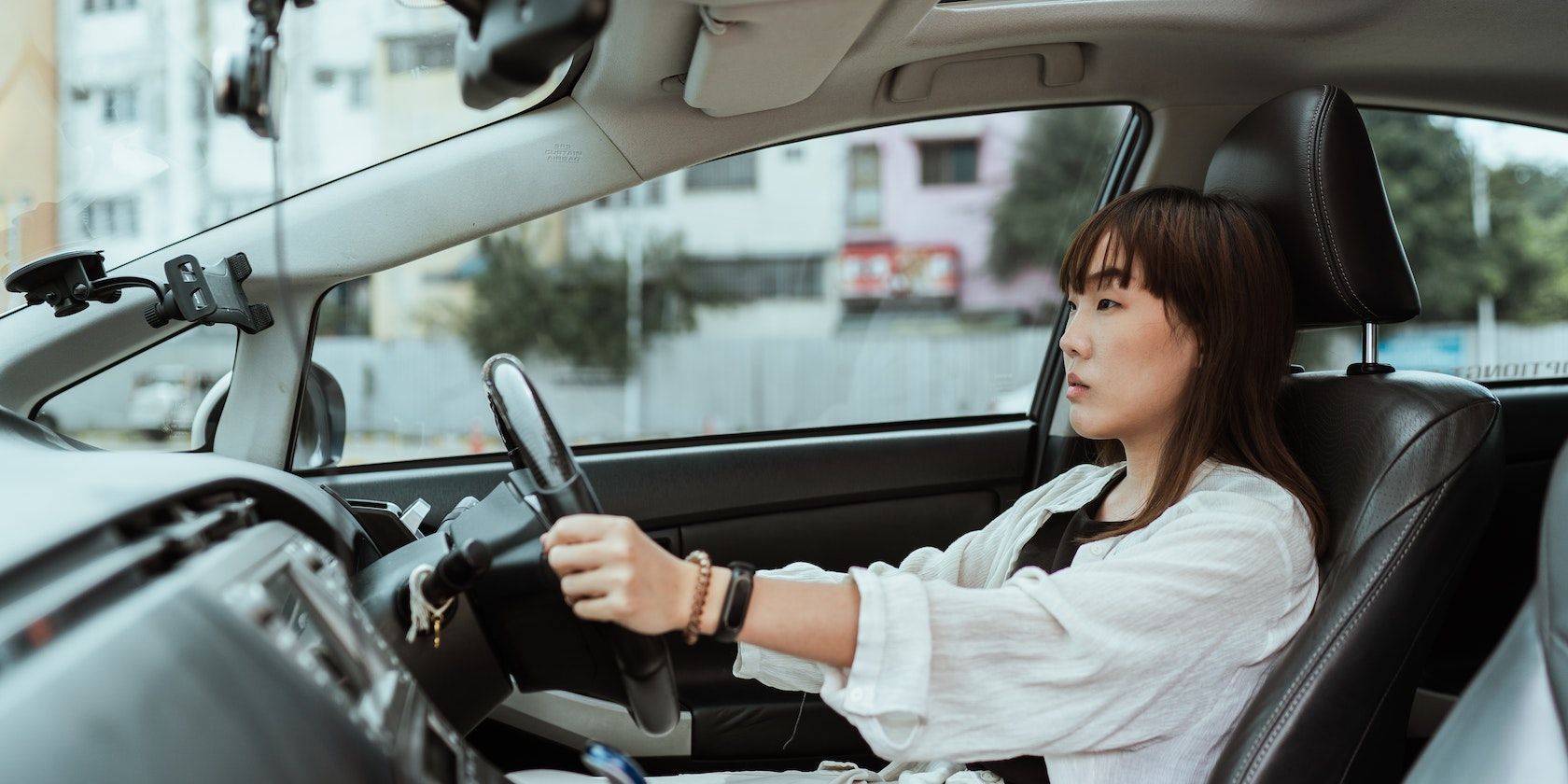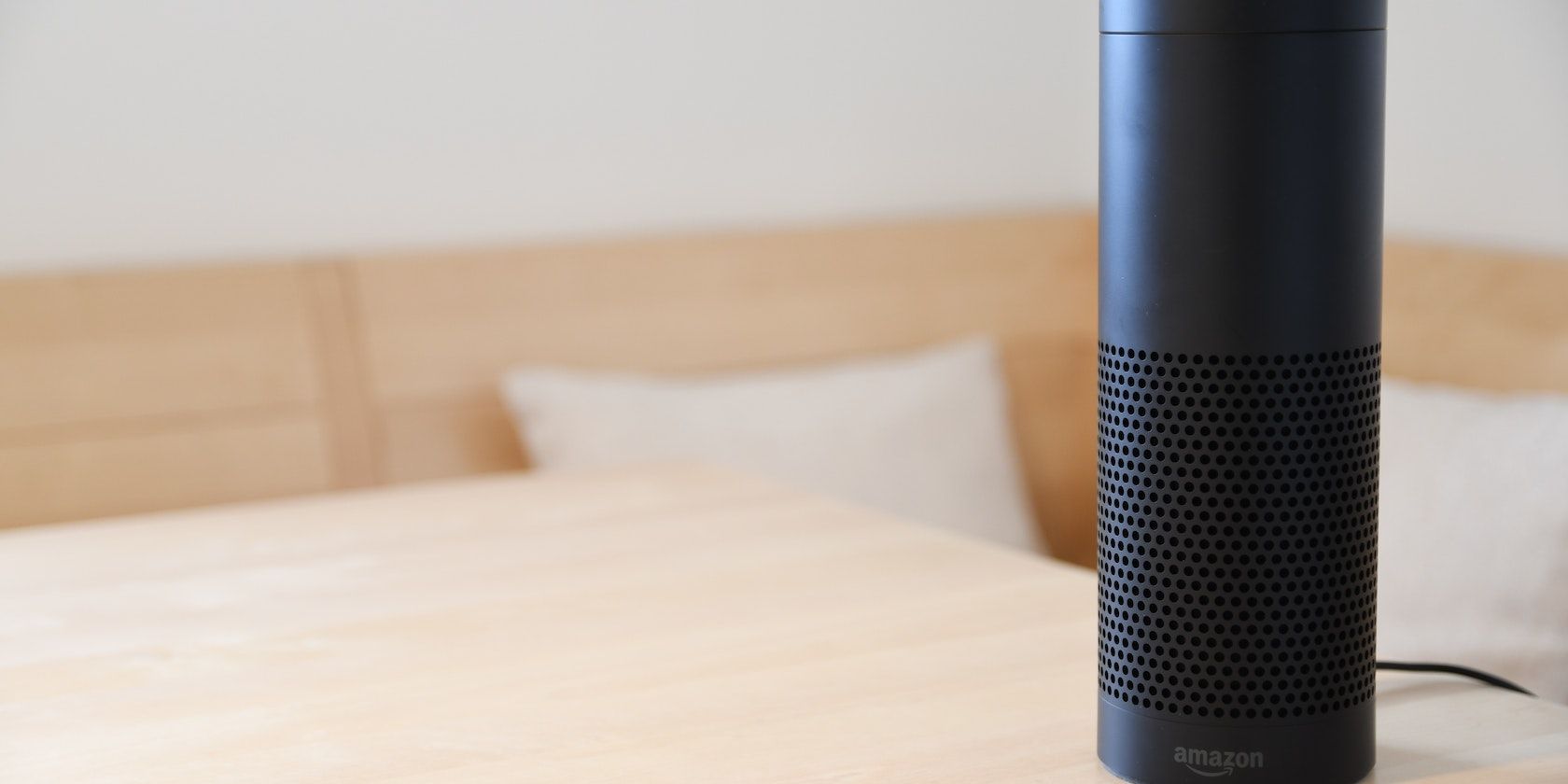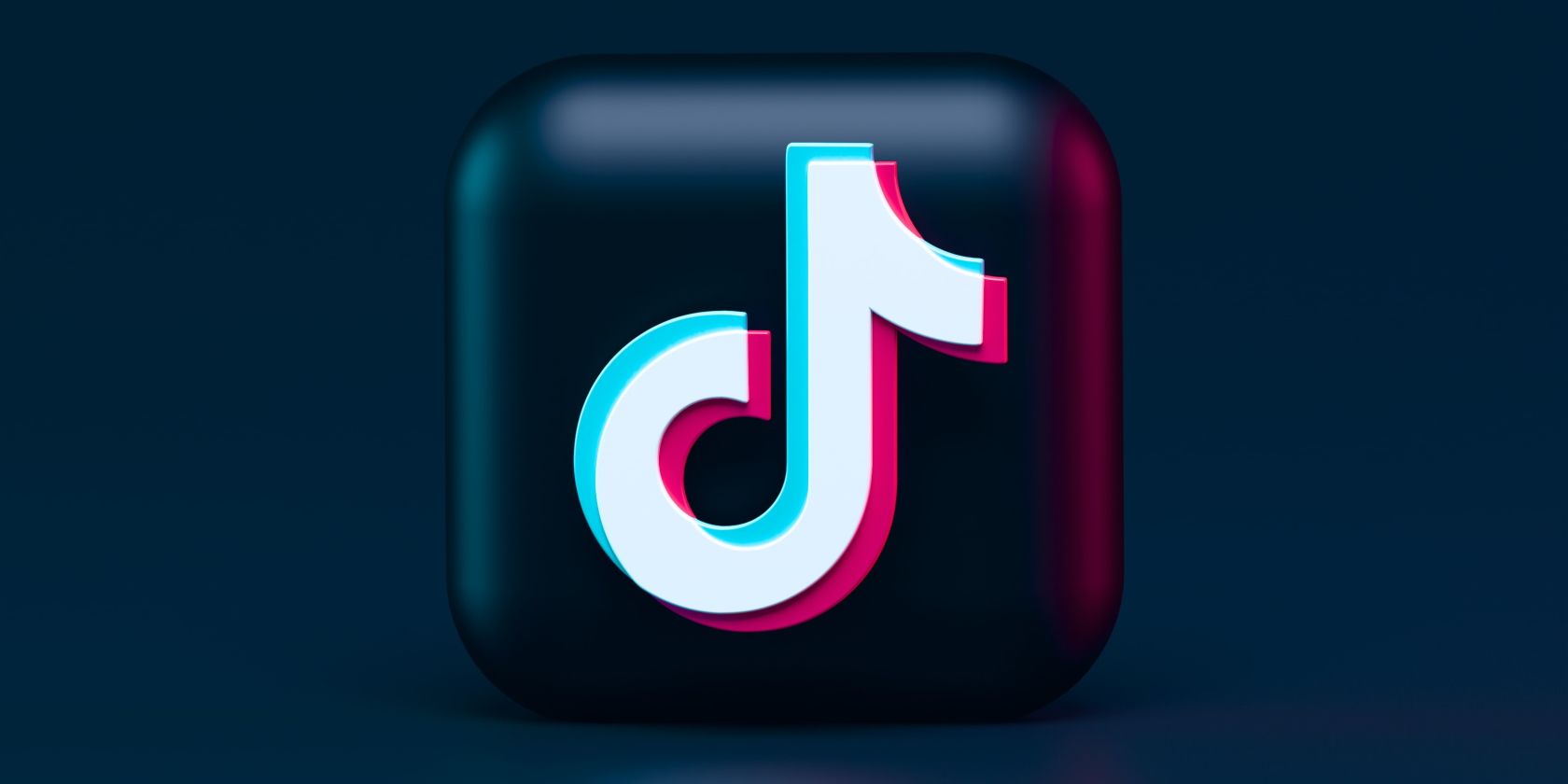Would AI replace humans? That's the billion-dollar question on a lot of minds. And the short answer is no—at least not in the way you probably imagine.
Sentient forms of Artificial Intelligence, like Data from Star Trek: The Next Generation, don't exist yet. And achieving technology on that scale still seems far in the future. Plus, it'll cost billions of dollars to attain.
However, as it continues to develop rapidly, AI is fast becoming an integral part of several industries. Let's see what areas of your own life AI might disrupt.
1. Education
When ChatGPT launched publicly, it thrilled millions of users by generating coherent text within seconds. But shortly after that, fear and doubt started creeping into the minds of many. They said that this tool would herald the death of academia by letting students cheat and stop them from thinking for themselves.
But while it is impressive, when you learn how ChatGPT works, you'll realize that it's limited and cannot substitute the human capacity for originality.
Nevertheless, there are ways students can legitimately use chatGPT for schoolwork. Incorporating AI into academia could change how students learn. Rather than using a one-size-fits-all approach common with traditional educational systems, educators can leverage AI tools to make learning more engaging, efficient, and personalized.
Developers are even making apps that present lessons tailored to each student—adjusting their delivery and pace according to the performance data it collects. AI systems can also create captivating ways to teach theories, letting students understand concepts easily through AI-generated practical examples.
And last but certainly not least, school administrators can use AI systems to automate administrative tasks teachers usually do. This frees up their time, allowing them to develop more creative lessons and have meaningful interactions with their students.
2. Healthcare
Just as leveraging AI systems can free up more time for educators, it can do the same for healthcare professionals who often work long hours. This situation often leads to stress and burnout among medical practitioners, significantly diminishing patient care quality and sometimes causing human error during treatment.
However, there are multiple ways AI could power the future of healthcare. Again, AI wouldn't replace physicians and nurses—but it can be integrated as a companion offering timely assistance.
For instance, systems trained to analyze copious amounts of data, identify patterns, and provide reliable predictions enable healthcare professionals to make informed choices faster.
Additionally, artificial intelligence can make healthcare services even more accessible. From virtual nursing assistants to AI therapist apps, the possibilities seem endless. There's even a reality where AI combined with robotics plays an essential role in the surgery room, helping doctors increase precision.
3. Work Processes
We can't ignore the fact that AI automates many processes in the workplace. Many businesses already integrate AI into their structure—from customer service chatbots to intelligent applicant tracking systems (ATS) that scan resumes for specific keywords.
With natural language processing, AI-enabled systems can "read" long documents, extract relevant information, sort through data, and present information in graphs and charts. Cobots, AI-powered robots that work alongside humans, are slowly becoming a staple within companies such as Amazon, Airbus, and Nissan.
These tools lack human emotional intelligence and soft skills, so it's unlikely to replace you, but they increase efficiency and reduce human errors. Nevertheless, it is difficult to ignore these changes' psychological effects on skilled and unskilled labor.
However, rather than fear the inevitable rise of AI, we should focus on up-skilling. As AI takes on routine and mundane tasks, we could concentrate on specialized innovation and strategy-driven tasks.
4. Transportation
Many of us already use some kind of AI when commuting—think Google Maps, which suggests the best routes we can take to avoid traffic. But as AI becomes more sophisticated, we could see these in the transportation industry with the rise of autonomous vehicles. We're talking about AI-assisted, self-driving, cloud-connected cars.
However, we still need to put in a lot of work to ensure that self-driving infrastructure is safe. Until then, we can use CCTV camera sensors and cloud-connected cars to make driving safer and more efficient.
Furthermore, cloud-connected AI-powered cars could sync with your calendar and prepare navigation for you. It'll deliver accurate traffic predictions to find the quickest route to your destination, reduce travel time, and prevent congestion. It could also warn about road hazards to protect you from outside threats and monitor your vitals to ensure driver safety.
If it notices any irregularity in your bodily functions, it could warn you to get medical attention and alert other cars near your emergency. And, if you don't respond, it can contact emergency services automatically.
Aside from that, by storing and processing performance data, your car could warn you about a soon-to-be faulty part before it becomes a menace. You might not be able to own your own Batmobile yet, but artificial intelligence could help your car become a lot smarter.
5. Smarter Homes
Smart homes are another thing that will get smarter with the rise of artificial intelligence. We have imagined what smart homes will look like in 10 years, and one thing is clear: your quality of living could improve drastically.
For example, the Internet of Things, or IoT, facilitates communication between internet-connected gadgets. It could then provide data to your in-home AI system, improving your comfort while ensuring efficiency.
It's like having an oven that monitors your meal and reduces its temperature to avoid over-cooking it or a toilet that automatically performs urinalysis on your urine in the morning. It can even be a home that automatically turns off your house lights and locks doors if you forget to do so when you leave the house.
6. Entertainment and Gaming
From Twitter to TikTok, every person's feed varies. The content you interact with has been carefully selected by an algorithm that studies your online habits and interests and predicts what you want to see for a personalized experience. That's AI at work.
But with further development, its use could extend to film and music production, content creation, and game development. For example, you can already use ChatGPT to play a text adventure RPG game.
However, the potential use of artificial intelligence in these areas raises serious questions. Who owns the copyright of AI-generated images? With the eerily realistic renderings of other people's faces and voices, how do we navigate the issue of deepfakes?
Navigating the Future With AI
News of how disruptive artificial intelligence is has been making the rounds, and ignoring this technology's capacity to transform how we live, work, and interact as a society is impossible.
However, despite how advanced the most recent AI developments seem, we've barely scratched the surface. And as we unpack this technology, we run into several privacy and ethical questions surrounding the complete integration of artificial intelligence into our lives.

